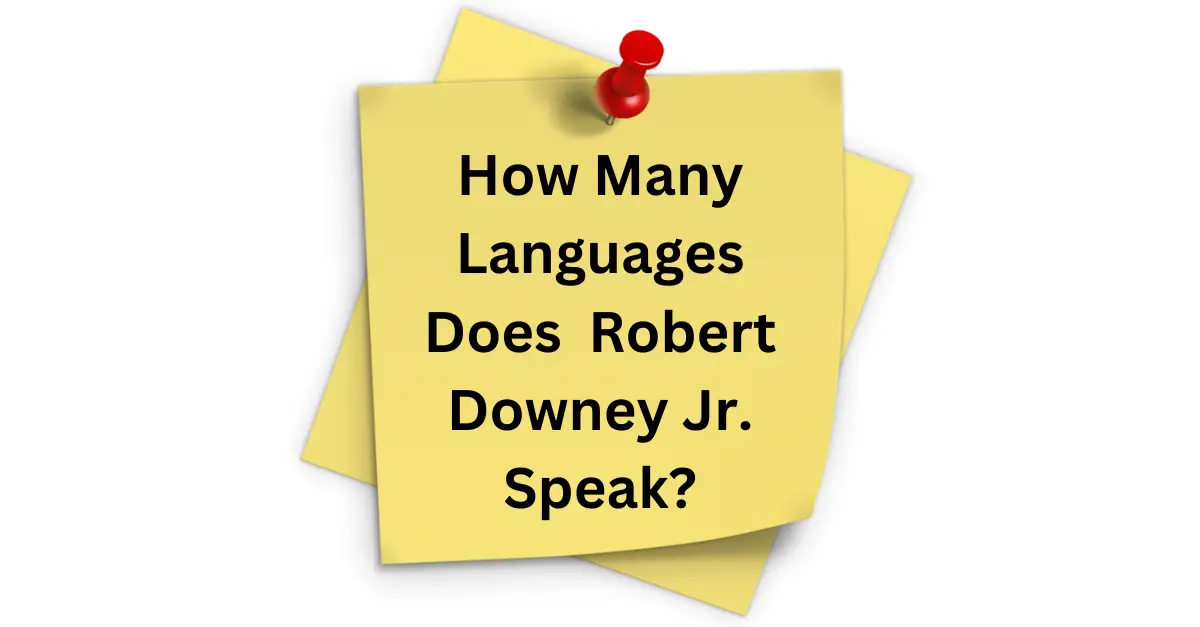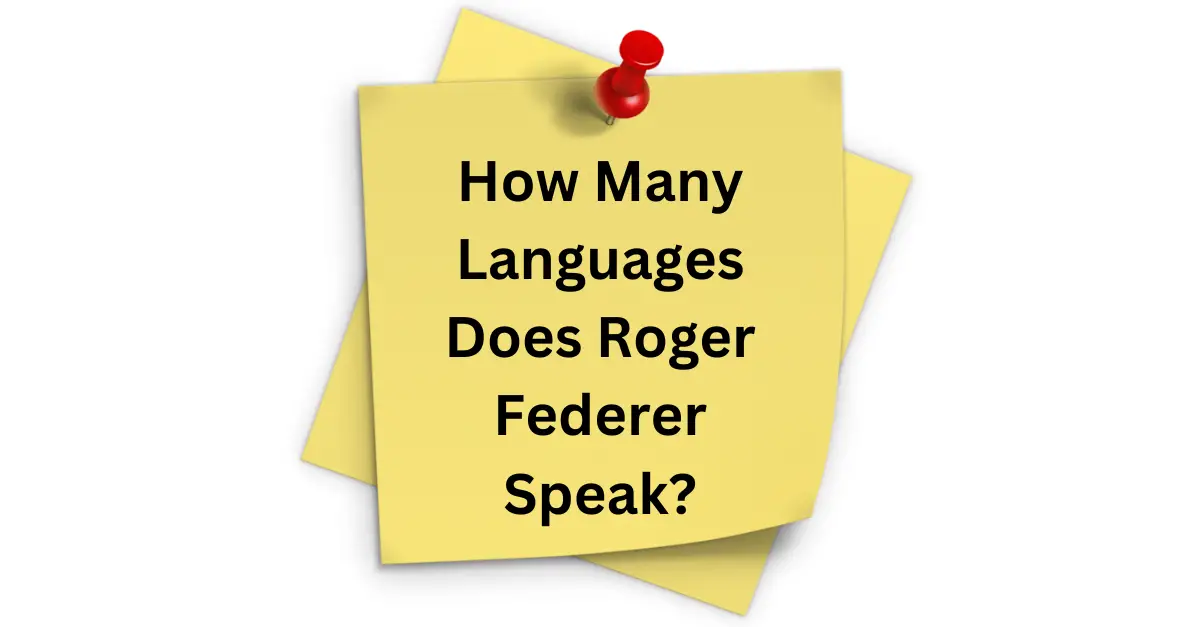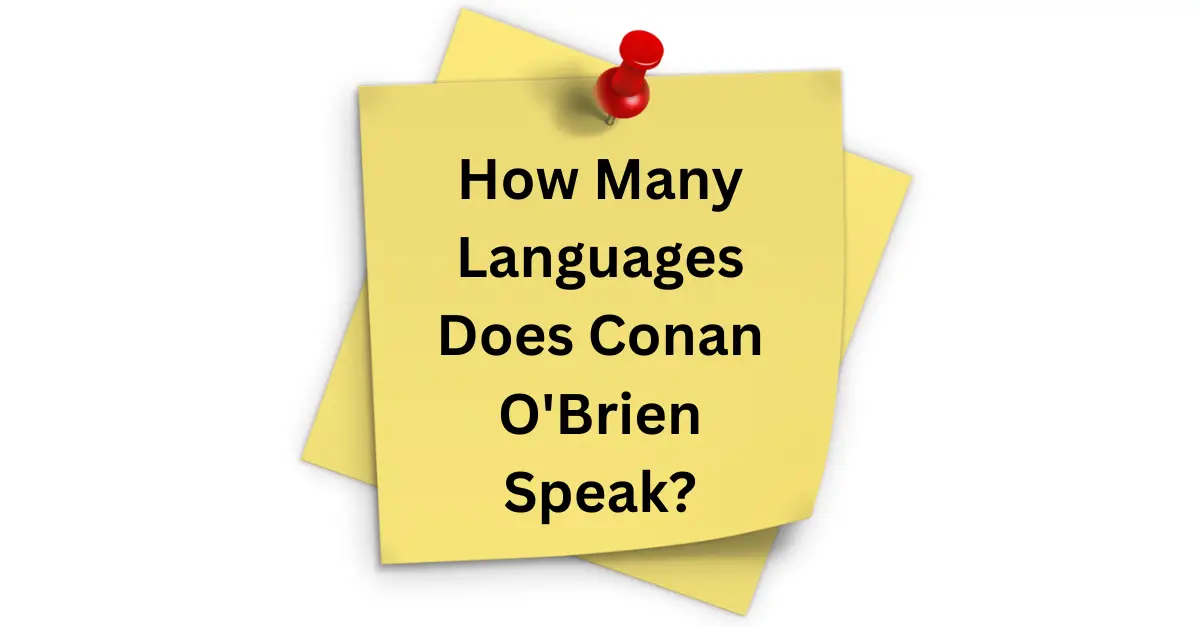If you’ve ever wondered how to say “How are you?” in Albanian, look no further! In this article, we’ll explore the phrase “How are you?” in the Albanian language. As part of our educational series on languages, we’re committed to providing practical insights and fostering an interest in language learning. Whether you’re a beginner or an intermediate learner, we’ve got you covered. So, let’s dive in and discover how to greet someone in Albanian!
Greeting Someone in Albanian
When learning a new language, one of the first things you’ll want to know is how to greet someone. In Albanian, there are formal and informal greetings that vary depending on the level of familiarity and respect you want to convey.
Formal Greetings
Formal greetings are used when you are addressing someone you don’t know well or want to show respect towards. Here are a few ways to greet someone formally in Albanian:
Using ‘Si jeni?’
“Si jeni?” is a common formal greeting in Albanian that translates to “How are you?” in English. This greeting shows politeness and is appropriate to use in professional or formal settings.
Using ‘Si jeni ju?’
Similar to “Si jeni?”, “Si jeni ju?” is another formal way to greet someone in Albanian. This phrase adds emphasis by using the word “ju” which means “you” in English. It can be used to convey a higher level of respect.
Using ‘Si jeni sot?’
If you want to inquire about someone’s well-being specifically for the current day, you can use the phrase “Si jeni sot?” which means “How are you today?” This can be a polite and thoughtful way to start a conversation and show concern for the person’s immediate well-being.
Informal Greetings
Informal greetings in Albanian are used among friends, family, or in casual settings. These greetings are less formal and can be used when you are more familiar with the person. Here are a couple of common informal greetings in Albanian:
Using ‘Si je?’
“Si je?” is a casual way to greet someone in Albanian. It translates to “How are you?” in English and is commonly used among friends and peers. This greeting shows a level of familiarity and is appropriate in informal settings.
Using ‘Ç’ke ba?’
“Ç’ke ba?” is another informal greeting in Albanian that can be used to ask someone how they are doing. This phrase is more colloquial and is commonly used in everyday conversations.
See Also: How Are You In Luo
Expressions Used to Ask About Well-being
Now that you know how to greet someone in Albanian, let’s explore the different expressions you can use to ask about their well-being. These expressions show genuine concern and interest in the other person’s state of being.
Using ‘Si jeni?’
“Si jeni?” is a versatile phrase that can be used both formally and informally to ask someone how they are doing. This expression is straightforward and can be used in various situations.
Using ‘Si po ndiheni?’
If you want to ask someone how they are feeling, you can use the phrase “Si po ndiheni?” which means “How are you feeling?” in English. This expression focuses on the person’s physical or emotional state and shows a deeper level of concern.
Using ‘Si e keni ditën?’
To inquire about someone’s day, you can ask “Si e keni ditën?” which translates to “How is your day?” in English. This expression indicates interest in the person’s overall well-being and allows them to share how their day has been.
Responses to How Are You
When someone asks how you are in Albanian, it’s important to know how to respond appropriately. Here are some possible responses depending on your current state of well-being.
| Albanian Phrase | English Translation |
|---|---|
| Si jeni? | How are you? (formal) |
| Si jeni ju? | How are you? (formal, emphasizing respect) |
| Si jeni sot? | How are you today? (formal) |
| Si je? | How are you? (informal) |
| Ç’ke ba? | How are you? (informal, colloquial) |
| Si po ndiheni? | How are you feeling? |
| Si e keni ditën? | How is your day? |
| Mirë, faleminderit | I’m well, thank you |
| Shumë mirë | Very well |
| Mjaft mirë | Quite well |
| Mirë | Fine |
| Po mirë | Okay |
| Jo mirë | Not well |
| Jo shumë mirë | Not very well |
| Keq | Bad |
| Si je me shëndet? | How are you health-wise? |
| Mirësofsh | Get well soon |
| Të shëndoshë | Be healthy |
Positive Responses
Using ‘Mirë, faleminderit’
One common positive response to “How are you?” is “Mirë, faleminderit,” which means “I’m well, thank you,” in English. This response is polite and acknowledges that you are doing well.
Using ‘Shumë mirë’
If you’re feeling great and want to express that you’re doing very well, you can say “Shumë mirë” which translates to “Very well” in English. This response indicates that you are in a positive state of well-being.
Using ‘Mjaft mirë’
Another positive response you can use is “Mjaft mirë” which means “Quite well” in English. This response conveys that you are feeling good, though not necessarily as enthusiastic as “Shumë mirë.”
See Also: How Are You In Hawaiian
Neutral Responses
Using ‘Mirë’
If you’re feeling fine and want to give a neutral response to “How are you?”, you can simply say “Mirë” which means “Fine” in English. This response indicates that you are doing well, but not overly excited or unhappy.
Using ‘Po mirë’
Similar to “Mirë,” “Po mirë” is another neutral response you can use to convey that you are doing okay. It translates to “Okay” in English and is a straightforward way to indicate that you are in an average state of well-being.
Negative Responses
Using ‘Jo mirë’
If you’re not feeling well and want to express that you are not doing well, you can say “Jo mirë” which means “Not well” in English. This response signals that you are not feeling your best and could be used to indicate a minor illness or discomfort.
Using ‘Jo shumë mirë’
When you want to express that you’re feeling rather unwell, you can use the phrase “Jo shumë mirë” which translates to “Not very well” in English. This response conveys a greater level of discomfort or illness.
Using ‘Keq’
“Keq” is a simple and direct way to express that you are feeling bad or not well. This response can be used when you are feeling quite unwell or in poor health.
Additional Phrases Related to Well-being
Apart from greetings and responses, there are additional phrases you can use to inquire about someone’s health or wish them well in Albanian.
Asking about someone’s health
If you want to specifically ask someone about their health, you can use the phrase “Si je me shëndet?” which means “How are you health-wise?” This question shows concern for the person’s physical well-being and can be used as a follow-up to a general greeting.
Wishing someone well
When you want to wish someone well in Albanian, there are a few phrases you can use:
Using ‘Mirësofsh’
“Mirësofsh” is used to wish someone good health. This phrase is similar to saying “Get well soon” in English and is commonly used when someone is sick or recovering from an illness.
See Also: How Are You In Romanian
Using ‘Të shëndoshë’
If you want to wish someone good health in a more general sense, you can say “Të shëndoshë” which means “Be healthy.” This phrase can be used as a well-wishing statement for anyone, regardless of their current state of health.
Learning how to greet someone and ask about their well-being is an essential part of navigating social interactions in any language. By familiarizing yourself with the formal and informal greetings, expressions used to inquire about well-being, and appropriate responses, you’ll be able to engage in meaningful conversations and show care for others in Albanian.



